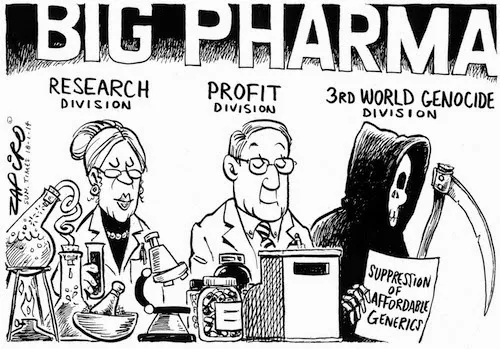Josep Baselga has resigned as a medical director of the Sloan Kettering Memorial this Thursday, five days after 'The New York Times' and Propublic revealed that the prestigious Catalan oncologist omitted the collection of millions of dollars of health companies and pharmacists in tens of dozens ofresearch.
The president of the memorial, Craig Thompson, has confirmed the resignation of Baselga, who had arrived at the center in 2013 after being head of hematology and oncology at the Massachusetts General Hospital in Boston and where his fees in 2016 were 1.5 milliondollars
The weekend articles showed that Baselga, 59 and that he was director of the Institut d'Oncologia Vall d'Hebron, has created the Baselga Oncological Institute and last year he was one of the winners of the International Catalonia, did not reportThe payments he received from the industry in 60% of the articles he has published since 2013.
The omissions were climbing since then and last year affected 87% of the texts that carried their signature in publications such as 'The Lancet' and 'The New England Journal of Medicine'.
"inconsistencies"
Baselga initially reacted recognizing the importance of omissions but also said they had not been intentionally."I recognize that there have been inconsistencies but that is what it is," he told 'Times' and Propublic.In a statement he said that this inconsistency "is far from compromising my responsibilities as a doctor, scientist and clinical leader."
He also defended that his ties with the industry were publicly known, although he refused to give data on the payments he received from some small biotechnological start-ups.According to public information, between 2013 and 2017 Baselga received almost 3.5 million dollars from nine companies, but companies that still have their proof phases do not have to disseminate what doctors pay.
Although according to Baselga and the memorial the center knew the payments that the oncologist received from the industry and protections had been created to prevent the doctor's relationships with the industry and their obligations with some of the corporations created conflicts of interest, public revelations aboutThe omission in the articles shook the Sloan Kettering.
There the meetings of the Board of Directors have happened since the weekend and with medical leaders and those responsible on Sunday sent a message to the center staff giving instructions to “do a better job” by informing their relationships with the industry.
The investigation of the newspaper and Propublic pointed, for example, that Baselga gave a positive interpretation on the results of two clinical trials sponsored by Roche that many others considered disappointing without disseminating their economic ties with the Swiss pharmacist, of which he charged as an advisorAnd he received 3 million dollars when Roche bought another company where he had a participation.Roche is also the Mententech matrix, a Herceptin manufacturer, a drug for cancer treatment whose Baselga development played a key role.
"permeable borders"
The case of Baselga, as wrote the 'Times', is considered illustrative of the problematic of the "permeable borders between academic research and industry" and "how weakly apply information requirements in medical publications and in societiesprofessionals in charge of controlling them. "
Baselga was in 2015 and 2016 president of the American Association for Cancer Research, an organization that is also investigating its work in the face of the apparent violation of information rules on the charges that occurredalso during your presidency.




